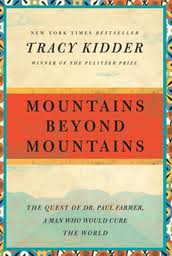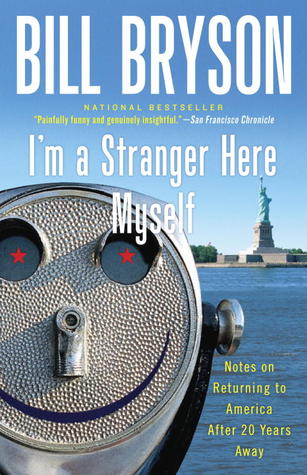 I have been told by many people that the best way I can help the poor and oppressed is to make a ton of money and then give it all away.
I have been told by many people that the best way I can help the poor and oppressed is to make a ton of money and then give it all away.
Comments like that always make me uneasy, as if it’s possible to juggle morality. Because I feel like that approach requires me to not care about the poor and oppressed in the intervening years, making decisions that hoard wealth instead of distributing it along the way. It seems dangerous and flawed to somehow shut off my conscience for several years, until the arbitrary magic moment when I switch it back on and give away all my money. How much would I keep for myself? How does that cash gift tie me personally to the people it is intended to reach? How much do I let that act of giving change me? How do I justify the years of succeeding in a system in which my success is probably dependant on another person’s oppression in some way? Isn’t that more like redistributing oppression rather than redistributing wealth?
This isn’t to hate on philanthropists. There is a great need for people to donate vast sums of money to worthy causes. But that has never been my calling. I like to be immersed. I’ve always felt that I want to do everything at once: personally connect with the people I’m trying to serve (language, culture, everything); be an expert, educated professional in my field; live simply, yet make enough money that I can afford to partially fund my service and its cause; and travel as part of a campaign to contribute to and argue for societal change, thus working on a macro- as well as a micro-/personal level. I’ve been told this dream career is impossible, that it may not even exist.
In response to all those naysayers – read Mountains Beyond Mountains by Tracy Kidder. It is the non-fiction account of Paul Farmer, a medical anthropologist/epidemiologist/infectious disease specialist, devoted clinician, humanitarian and author. In the book, he still lives and works in Haiti (though I believe he has since moved to Rwanda), running a hospital in the middle of the barren and impoverished central plateau while also influencing global TB and HIV/AIDS policy through constant travel to Boston, Peru, Russia, Mexico, and Europe. He has the ear of people like George Soros and Bill Clinton, yet his passion for ministering to his regular patients in Haiti never wavers. He does it all. And he does it all the time. He seems incapable of our perverse ignorance of the world’s suffering, “out of sight, out of mind.”
But Farmer in no way expects people to be just like him. He recognizes his lifestyle necessitates hardships that few other people would ever volunteer for, such as living apart from his wife and child most of the year, living and working in relatively squalid conditions, unending demands on his time, no sleep, and constant stress. It sounds hellish. What does shock him, however, is that people like you and me frequently don’t. do. anything. Instead of giving everything to help the downtrodden of the world, we give nothing. As if there is no in-between. There is one moment in the book when he exclaims, “I didn’t say you should do what I do. I just said that these things should be done!”
In other words, do something.


